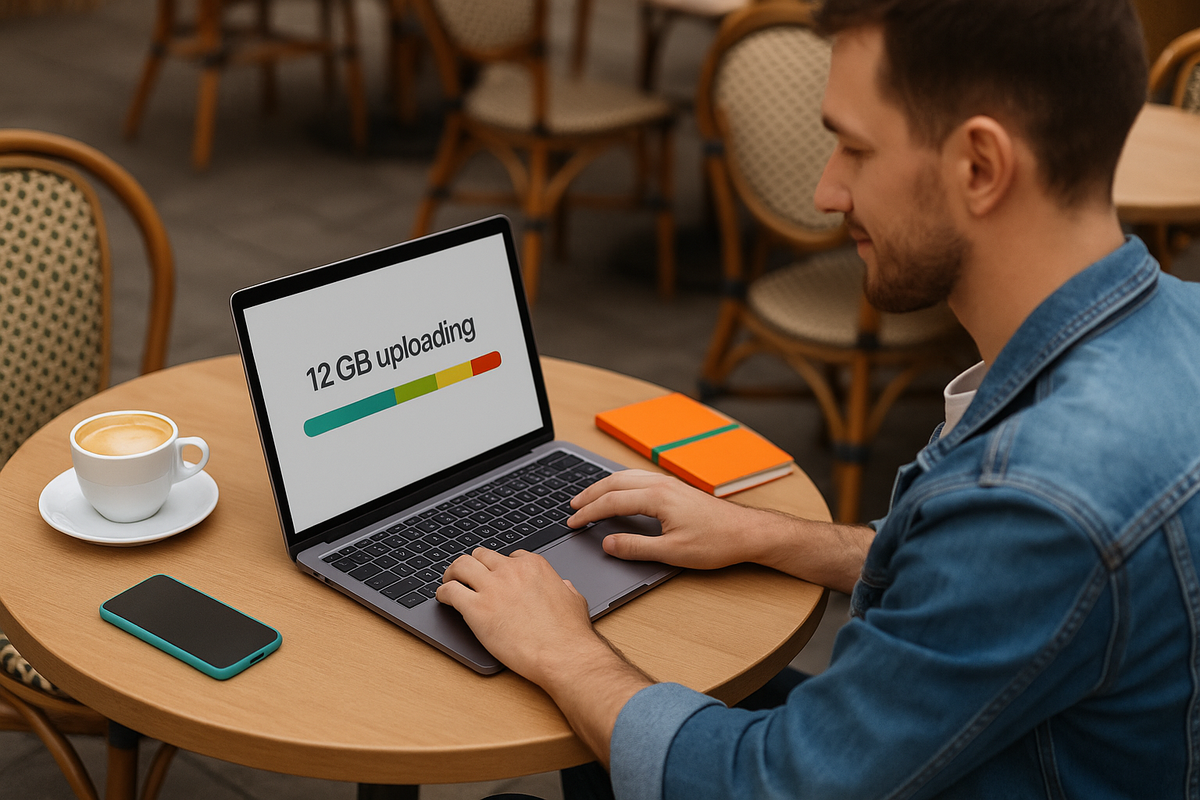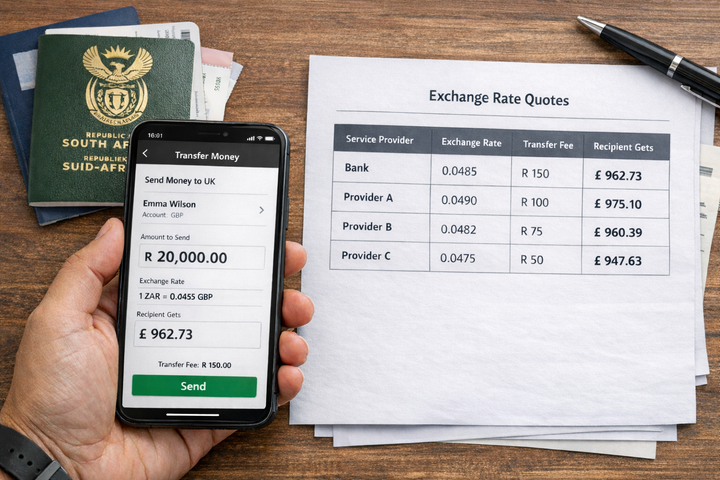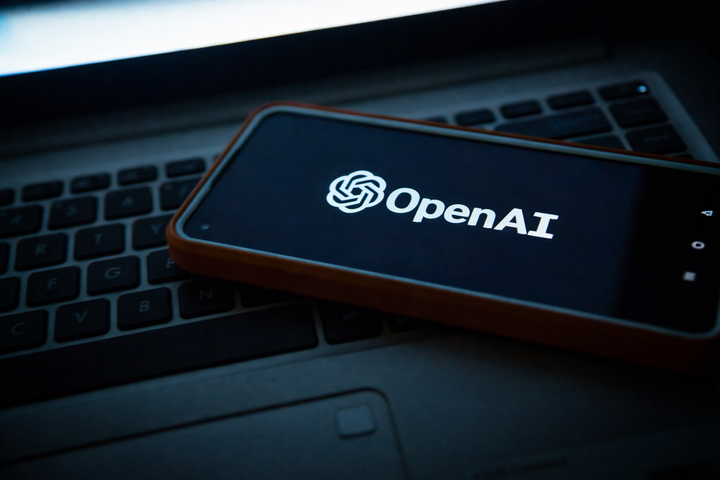Sending large files without paying for premium storage
Why pay a subscription just to transfer a video? From 2 GB WhatsApp hacks to 50 GB transfer links, here are the free options South Africans can use.


Moving a chunky file in South Africa is not only a test of patience, it can be a test of your wallet, too. Fibre has made life easier in cities, but data costs are still ridiculous, and most cloud platforms would like you to sign up for yet another debit order.
The good news is that you can transfer anything from a 2 GB video to a 40 GB project without paying a cent, if you know the right services and a few local tricks.
Your inbox is not the first and only (or best) solution. Gmail and Outlook cap attachments at roughly 25 MB, then punt you to cloud links. That is fine for PDFs, not fine for a 2 GB shoot.
Large files do not need large bills. South Africans already pay enough for data. Knowing which free services are safe and practical is half the battle.
Quick picks, by size
- Up to 2 GB: WhatsApp works if you send the file as a Document, not as a photo or video. Telegram also handles files up to 2 GB
- 2 to 5 GB: Services like TransferXL and Filemail allow free one-off sends in this range, no account needed
- 5 to 20 GB: SendGB lets you move up to 20 GB without paying, with an option to add a password and a time limit
- 20 to 50 GB: SwissTransfer handles up to 50 GB free, with expiry dates and password protection
- Above that: Smash allows much larger files for free, but speeds slow down once you cross 2 GB.
Watch the data costs
South African mobile data is still expensive. ICASA’s latest reports show prepaid bundles averaging around R79 for just 1 GB. Uploading a 10 GB project on prepaid data could cost you nearly eight hundred rand, which is more than most software subscriptions. Always use fibre, office Wi-Fi, or night-time uncapped when pushing big files.
This is the hidden trap of “free” services: The platform may cost nothing, but if you upload a 20 GB file on prepaid mobile data, you have already paid more than if you had signed up for a premium account. Choosing when and where you upload is as important as choosing the tool itself.
Security and compliance
Sharing big files is not only about bandwidth. If your content includes personal information, South Africa’s POPIA requires you to take precautions. That means using services that offer password protection, expiry dates, and ideally, storage within regions that meet similar privacy standards. Never send a file with client information as an open link that anyone can click.

Make the file smaller
If you want to send videos, use a tool like HandBrake to transcode into H.264 or H.265. That can turn a 10 GB clip into 3 GB without destroying quality. For mixed content, compress with 7-Zip and add AES-256 encryption plus a password. Splitting the archive into 2 GB chunks ensures that it's compatible with WhatsApp and other smaller-limit tools.
The real rule is simple: match the tool to the file, protect your data, and do not let overpriced storage platforms trick you into a subscription you never needed.
In South Africa, sending large files for free is a mix of smart service choices, timing your uploads, and basic digital hygiene. Whether you are an artist sending raw footage, a lawyer sharing a scanned record, or a freelancer with a massive design file, you can do it safely without another monthly debit order.





Comments ()